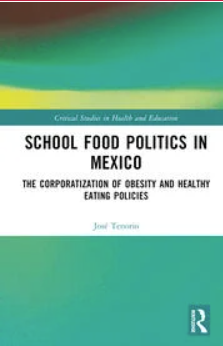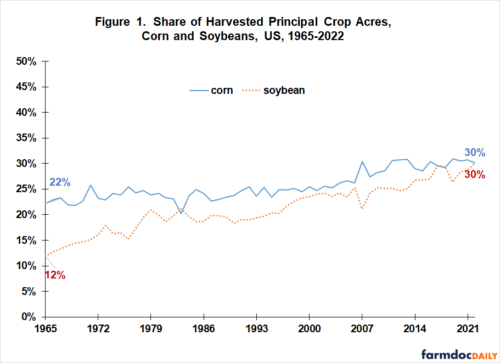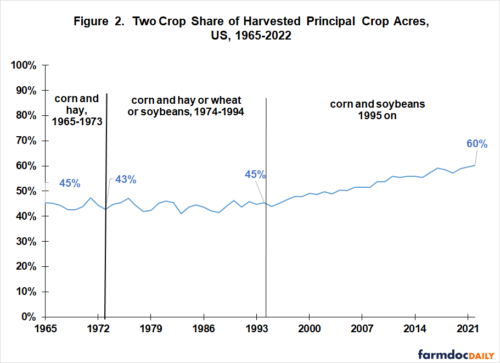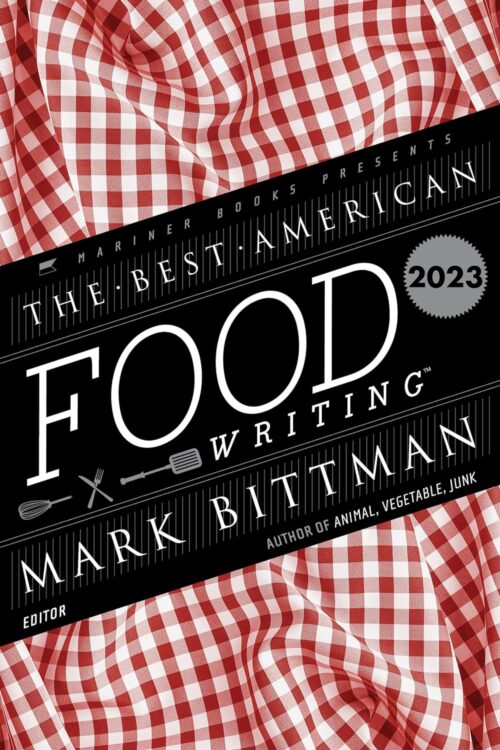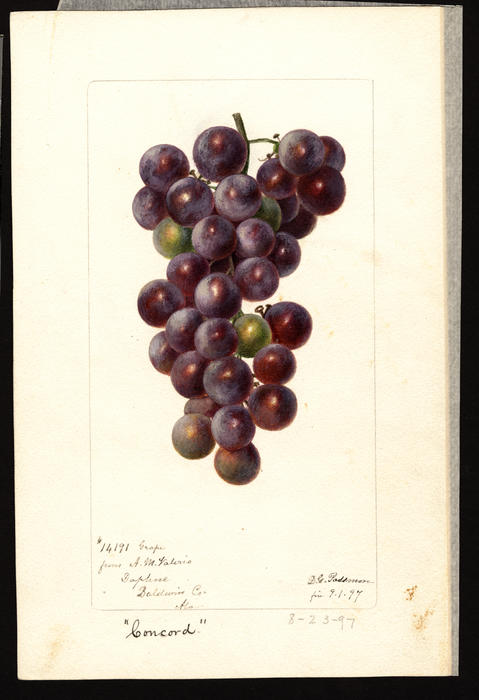California’s AB 418, the California Food Safety Act, is now law.
Commencing January 1, 2027, a person or entity shall not manufacture, sell, deliver, distribute, hold, or offer for sale, in commerce a food product for human consumption that contains any of the following substances:
- Brominated vegetable oil [Emulsifies citrus-flavored drinks, but can cause heart lesions and fatty liver in children and headaches, dizziness, and memory loss among other problems in adults]
- Potassium bromate [Used as a dough conditioner, but is a possible human carcinogen]
- Propylparaben [A preservative but disrupts endocrine function]
- Red dye 3 [Banned in cosmetics because of its carcinogenic potential]
The bill addresses additives banned in Europe on the basis of various health concerns. Originally it also included titanium dioxide, but that got dropped when candy makers protested and framed the bill as a “Skittles ban.” Fighting words, apparently.
In his statement on signing the bill, Governor Newsom implied that the ban is temporary, pending the FDA’s setting safe levels for these additives. He also said the ban would not need to be implemented until 2027.https://candyusa.com/news/nca-statement-on-california-governor-newsom-signing-bill-ab-418-to-ban-certain-food-ingredients/
These additives—and titanium dioxide—have been the subject of heath concerns for years. The Center for Science in the Public Interest has been pushing for bans for decades. It reviewed some of this history in a statment:
The FDA learned Red 3 was a carcinogen in the 1980s and declared it as such in 1990. For that reason, the agency eliminated Red 3 from cosmetics and drugs applied to the skin. That same year, the FDA said it would “take steps” to ban the use of Red 3 in foods, ingested drugs, and dietary supplements. With inaction in the intervening decades, the Center for Science in the Public Interest last year petitioned the FDA to finally eliminate the carcinogenic dye from the food supply. CSPI says it hopes the California legislation will inspire similar efforts around the country and prompt the FDA to eliminate the four additives.
According to Bakery & Snacks, the ban could affect 12,000 products. A ban in California is a call for reformulation with with safer substances.
It’s now time for the FDA to act, and the sooner the better.
Of course, not everyone agrees. Take the National Confectioners Association, the trade association for candy makers, for example. It issued a statement, “California is once again making decisions based on soundbite rather than science,” and also wrote the FDA to protest.
The gist of the letter is that candy makers have limited alternatives to the banned additives and “the cost of reformulation will be substantial and ultimately passed on to consumers in the form of higher prices.”
Really? These additives are banned in Europe yet the last time I looked there was still plenty of candy on sale.
You might think candy makers would be proud to replace potentially harmful additives with healthier alternatives and advertise accordingly, but that’s not how the system works, alas.
As I keep saying, food companies are not public health or social service agencies. They are businesses prioritizing profits to stockholders and compensation to executives. Ther job is to sell you candy, lots of it, and at the lowest possible cost. [Oops. A reader points out I should have said at the highest possible cost. Of course. I stand corrected].
Note: we are talking candy here, not health foods.
